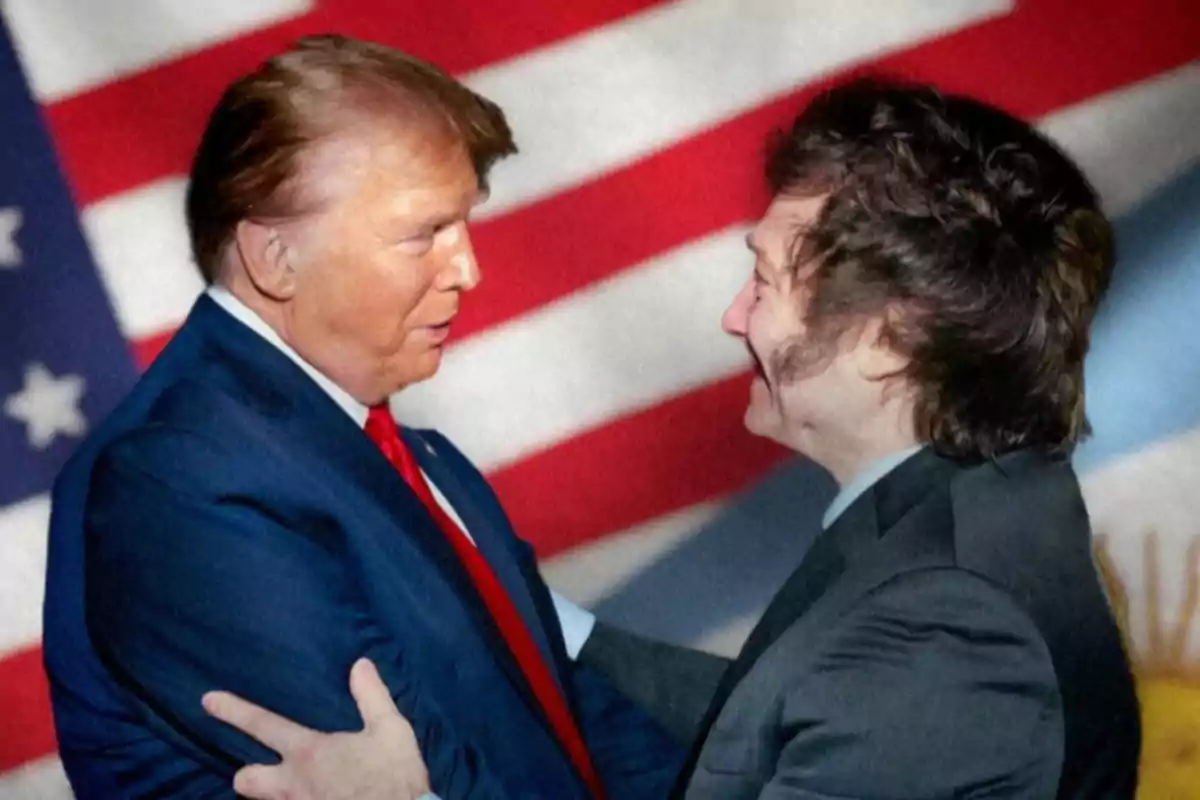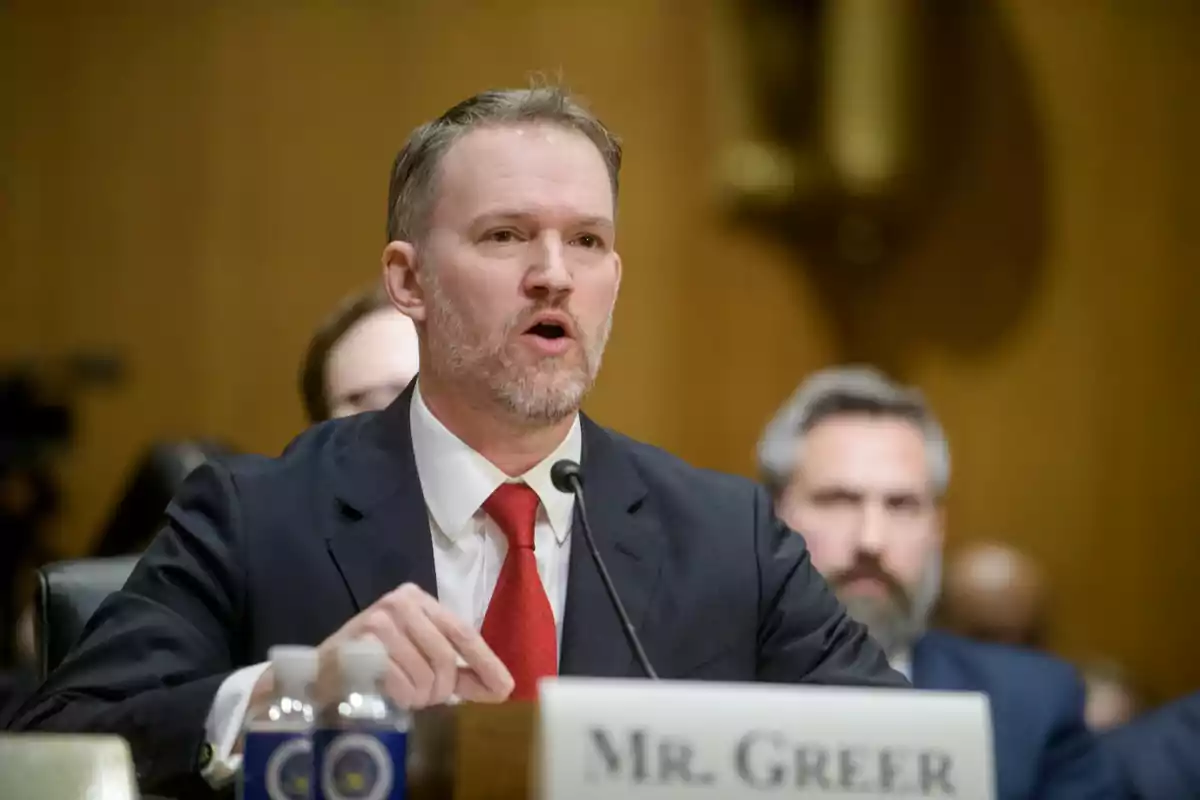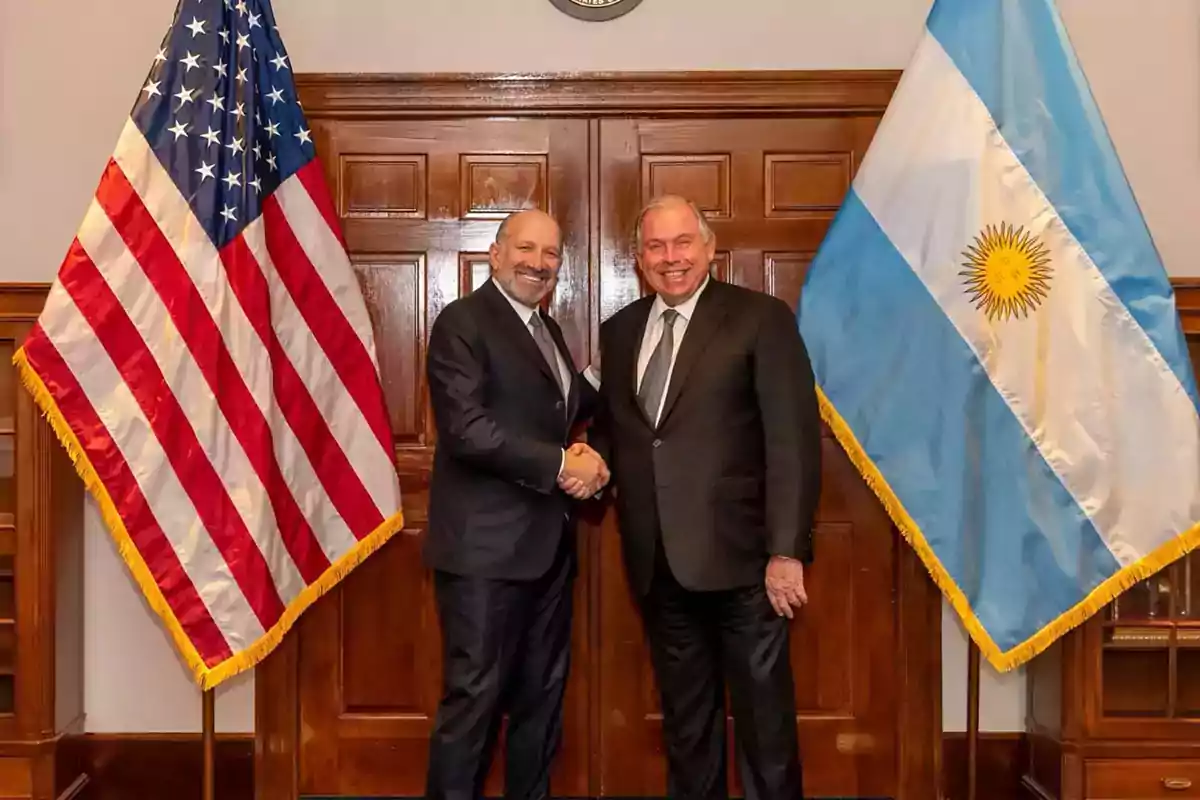
Argentina among the countries negotiating with Trump for a significant tariff reduction
A milestone on the global stage; Argentina is located among the main countries prioritized by Donald Trump
With a strategy oriented toward the free market, President Javier Milei consolidates his leadership internationallyby positioning Argentina among the United States' priority trade allies. While other countries choose confrontation, the libertarian government anticipates and firmly negotiates a tariff relaxation with Donald Trump's administration, showing efficiency, strategic vision, and alignment with the world's major players.
Amid growing global tension over the tariff offensive driven by the United States, the Argentine Republic was highlighted as one of the countries willing to review its trade policies and reduce import barriers, in line with the new reciprocity approach advocated by President and Republican leader Donald Trump.
This was confirmed by the White House trade representative, Jamieson Greer, during a presentation before the U.S. Senate Finance Committee. Greer revealed that "almost 50 countries" have contacted his office to move toward more balanced conditions, highlighting Argentina, India, Vietnam, and Israel as the most receptive to dialogue and easing of restrictions.

In a clear display of initiative and leadership, President Javier Milei announced from the United States that his administration will readjust national legislation to mitigate the impact of the new U.S. tariffs. "Argentina will move forward in readjusting the regulations to meet the requirements of the reciprocal tariff proposals developed by President Donald Trump," declared Milei, confirming the strategic alignment between both nations.
The president's statement came just hours after a key meeting between Foreign Minister Gerardo Werthein and U.S. Secretary of Commerce, Howard Lutnick, where the guidelines for a bilateral negotiation were established to mitigate the impact of the 10% tariff increase imposed globally by Washington.
Milei also anticipated concrete progress within the framework of the Trade and Investment Framework Agreement (TIFA), highlighting that Argentina has already met "nine of the 16 necessary requirements" to facilitate trade with the United States. "I have instructed the Foreign Ministry and the Department of Commerce to advance in meeting the remaining requirements," emphasized the head of state. He also indicated that work is underway to harmonize tariffs on a basket of about 50 products, aiming to allow a freer flow between both economies.
The U.S. tariff shift, which includes 10% taxes for countries like Argentina and higher charges for blocs like the European Union or China, has caused tensions and diverse reactions. Meanwhile, China replied with reciprocal tariffs and threats of direct confrontation, Argentina opted for a rational approach that avoids conflict and prioritizes international interest.

Greer explained that Trump's strategy seeks to correct a "structural inequality in international trade," reduce the deficit, relocate production to U.S. territory, and reverse the loss of industrial jobs accumulated in previous decades. In this context, he attributed to previous governments the responsibility for having ceded space to powers like China within the World Trade Organization.
High-ranking U.S. officials also celebrated the volume of dialogue requests. Presidential economic advisor Kevin Hassett stated on Fox News that "the White House received a large number of requests to eliminate tariffs," and confirmed that Japan and South Korea, as strategic partners, will be a priority along with countries like Argentina.
Meanwhile, Treasury Secretary, Scott Bessent,raised to 70 the number of States that requested to open negotiations, and explained that Trump's decision to engage in dialogue was not motivated by market declines, but by the magnitude of the proposals received.
In the U.S. legislative arena, the policy caused debates: Democratic Senator Ron Wyden criticized the strategy, while Republican Mike Crapo, chairman of the Finance Committee, expressed his hope that these measures will translate into better conditions for American exporters, although he admitted some initial uncertainty.
More posts: